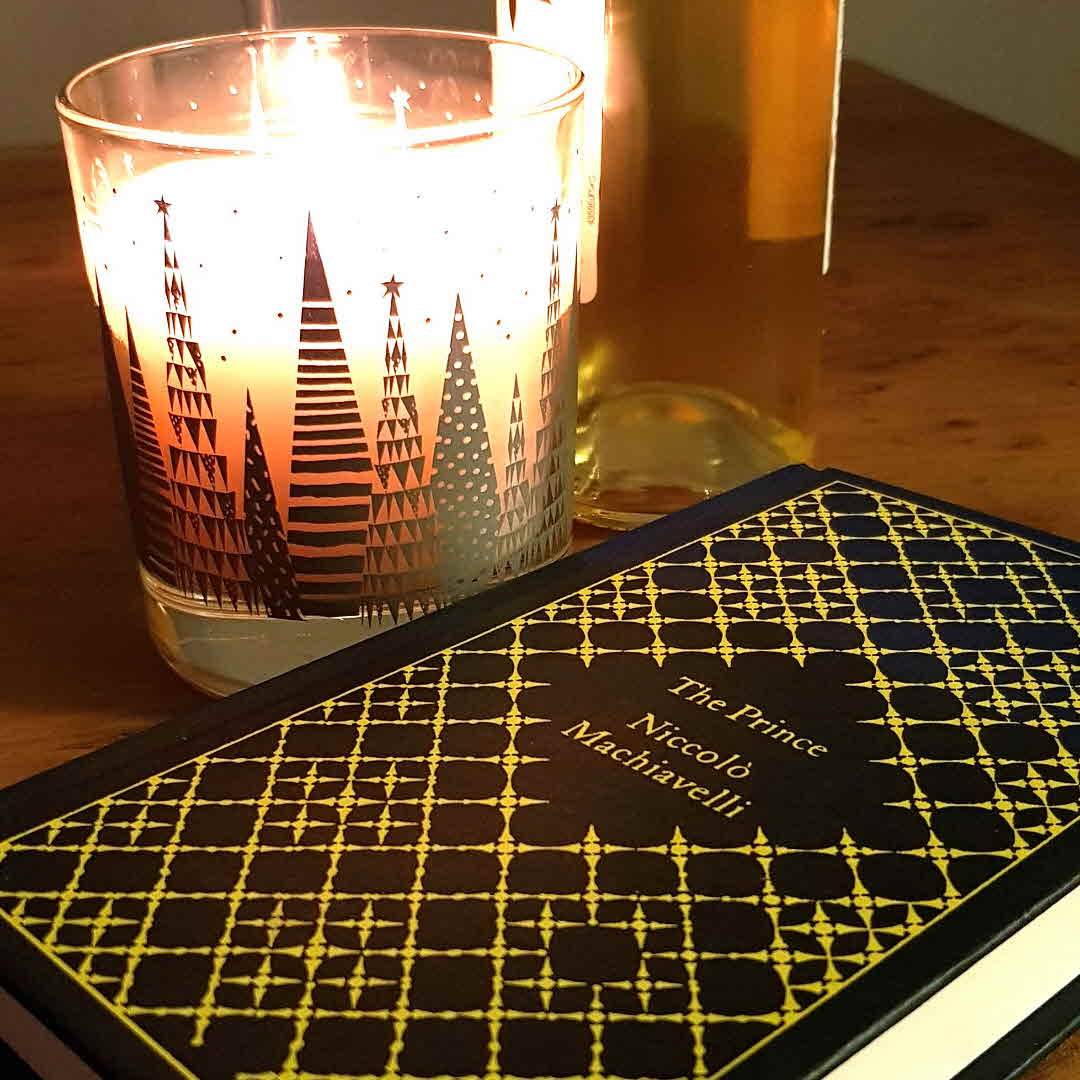
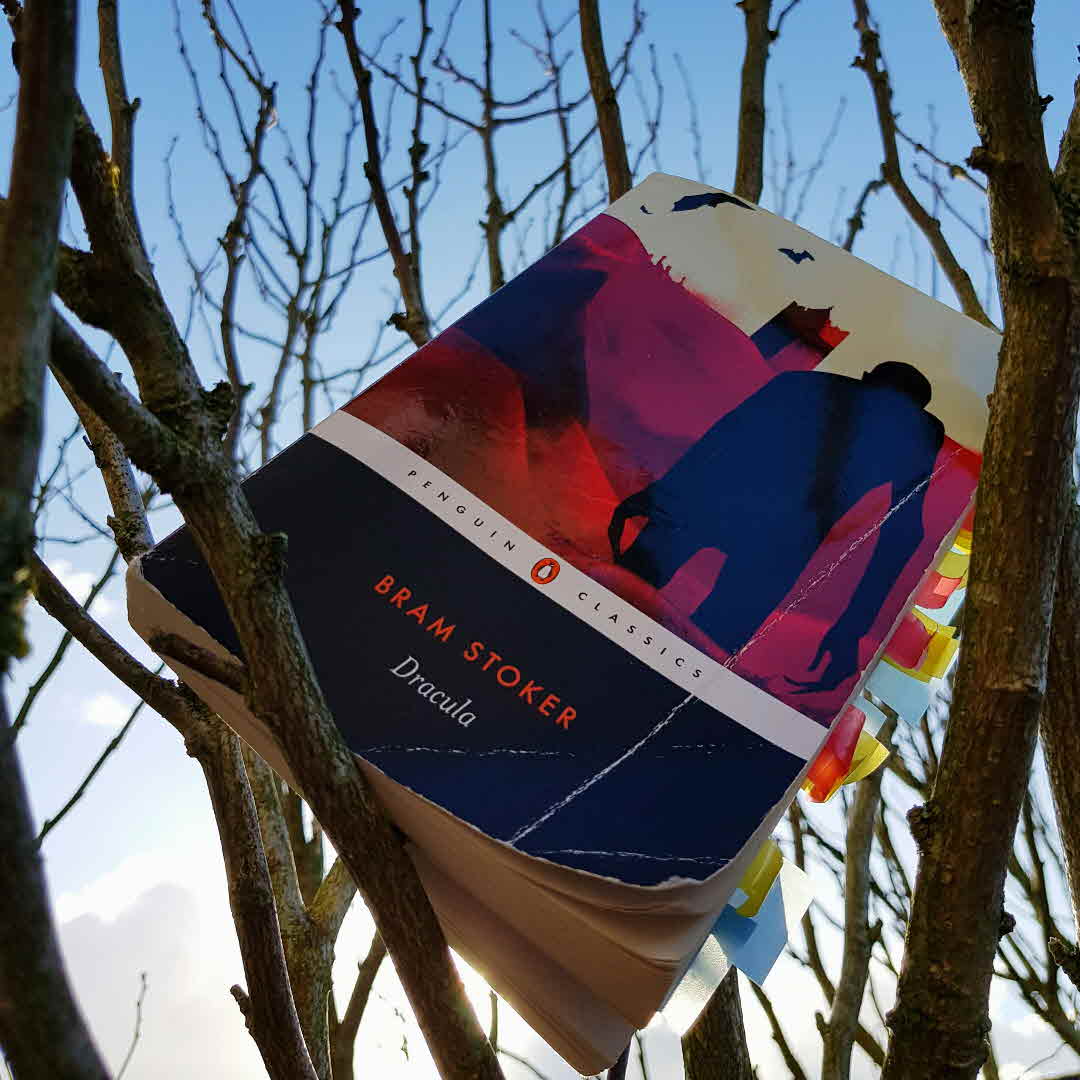
The book description of the count is, in my opinion, way more blood-curdling. The journal entries add an intuitive awareness of unease and the horror scenes are pretty freaky. Stoker also touches topics like: power, capitalism, xenophobia, religion, gender roles and feminism. What I liked a lot was Van Helsing's occasional 'Du-nglish': [...] "The milk that is spilt cries not out afterwards."?
Then her soul sat on her lips, and language flowed, from what source I cannot tell; has a girl of fourteen a heart large enough, vigorous enough to hold the swelling spring of pure, full, fervid eloquence? Such was the charactersitic of Helen's discourse on that, to me, memorable evening; her spirit seemed hastening to live within a very brief span as much as many live during a protracted existence.
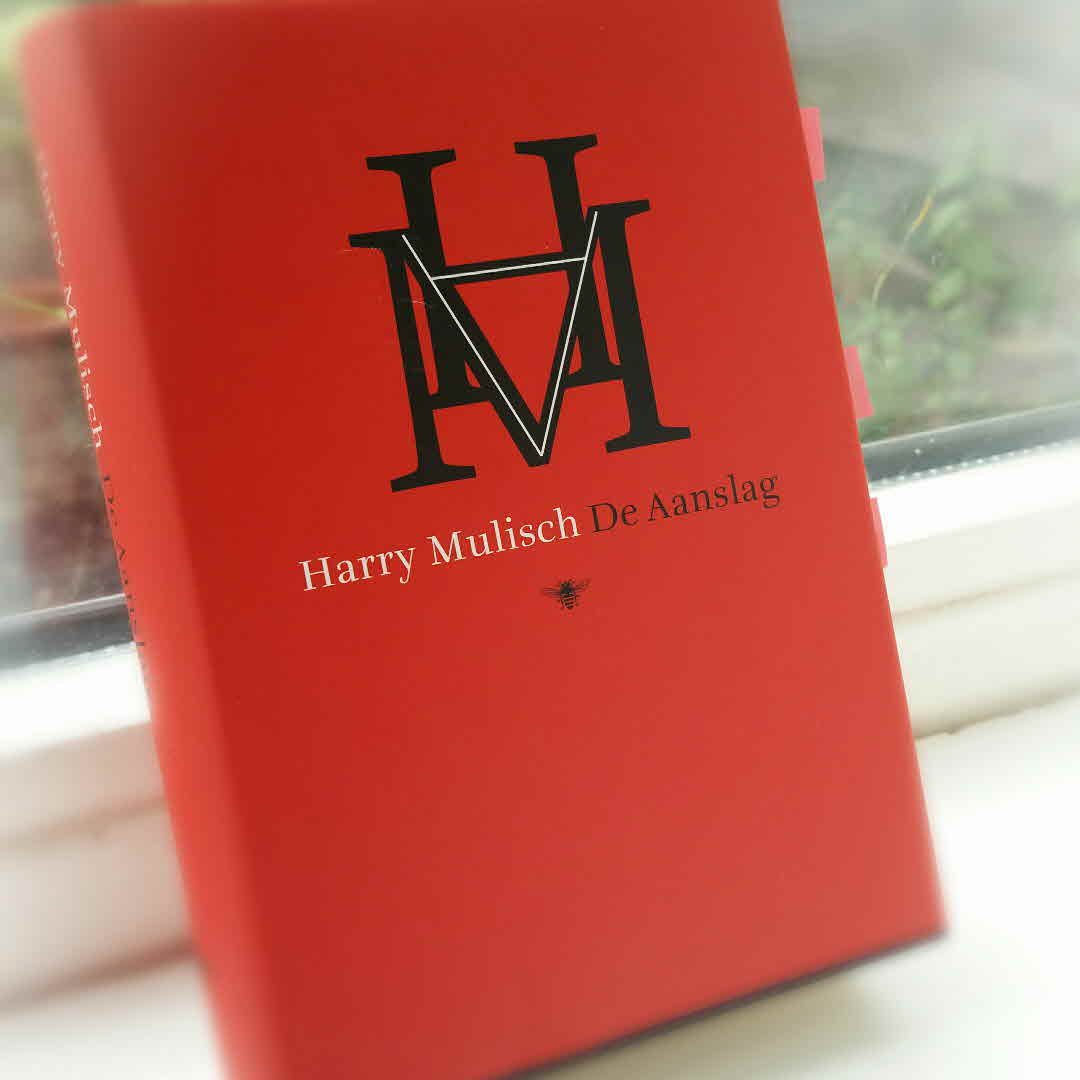
Mulisch gives a great insight into how war affects the ones that experience it but also what it does to the following generations. How each individual (directly or indirectly) deals with the consequences, the reasons behind attitudes and actions seen from different perspectives. Oh and I love how the psychology of Anton develops throughout years. This is a must-read. One of those (Dutch) classics that's high up on the list.
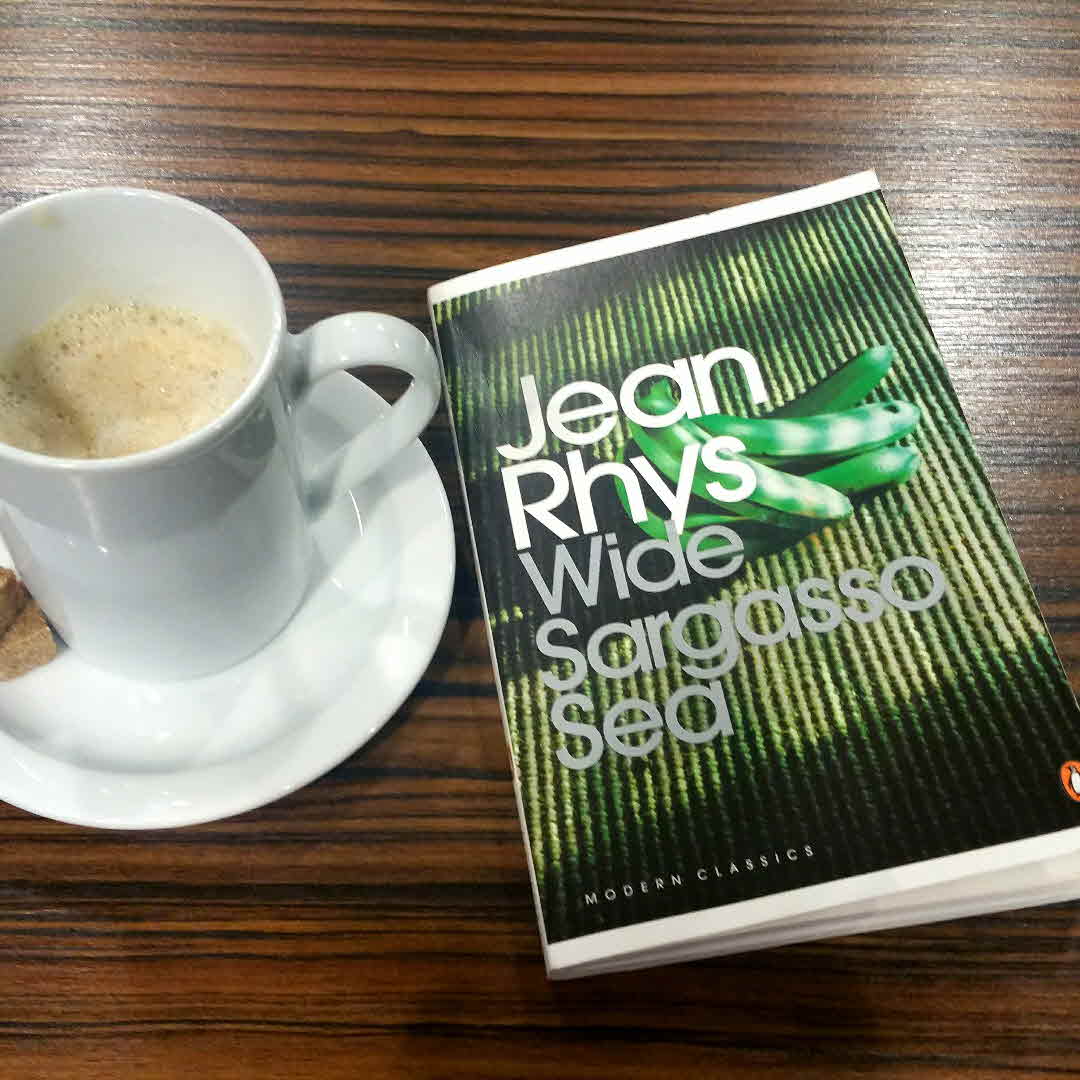
This is a well written dark Caribbean tale filled with superstition, sadness and examples of the caribbean historical, social (and racial) issues of that epoch.

Behind a seemingly ordinary day in the life of an upper-class woman we discover life in post WWI London, and other complex topics like feminism, science, literature, madness, and time. And of course, Woolf mixes beautiful prose with an innovative writing style using subjective reality, flashbacks and indirect speech.

Looks like a cool spaceship...but It's #mylocallibrary😍😃 'De nieuwe bibliotheek Almere'
(Photo credits: http://www.shareable.net/blog/how-a-new-dutch-library-smashed-attendance-records )

I somehow felt calm reading this, and found it a very good book. I can understand why it is one of the most important novels of the Twentieth Century. It raises so many pilosophical questions. Although, I have to say, I kept thinking after analyzing the many fragments regarding Meursault's manner of communicating and showing emotions, that he also could have some undiagnosed neurodevelopmental disorder... Has anyone else thought about this?
Great tears of fear and pain were flowing down his cheeks. But because he had so many wrinkles, they colllected there. They formed little pools in the furrows of his devastated face, covering it in a glistening film of water.
L‘homme est né libre, et partout il est dans les fers. Tel se croit le maître des autres, qui ne laisse pas d‘être plus esclave qu‘eux.
It suddenly seemed to me that the autumn darkness would push through the glass and pour into the room, and I would drown in it as in ink.
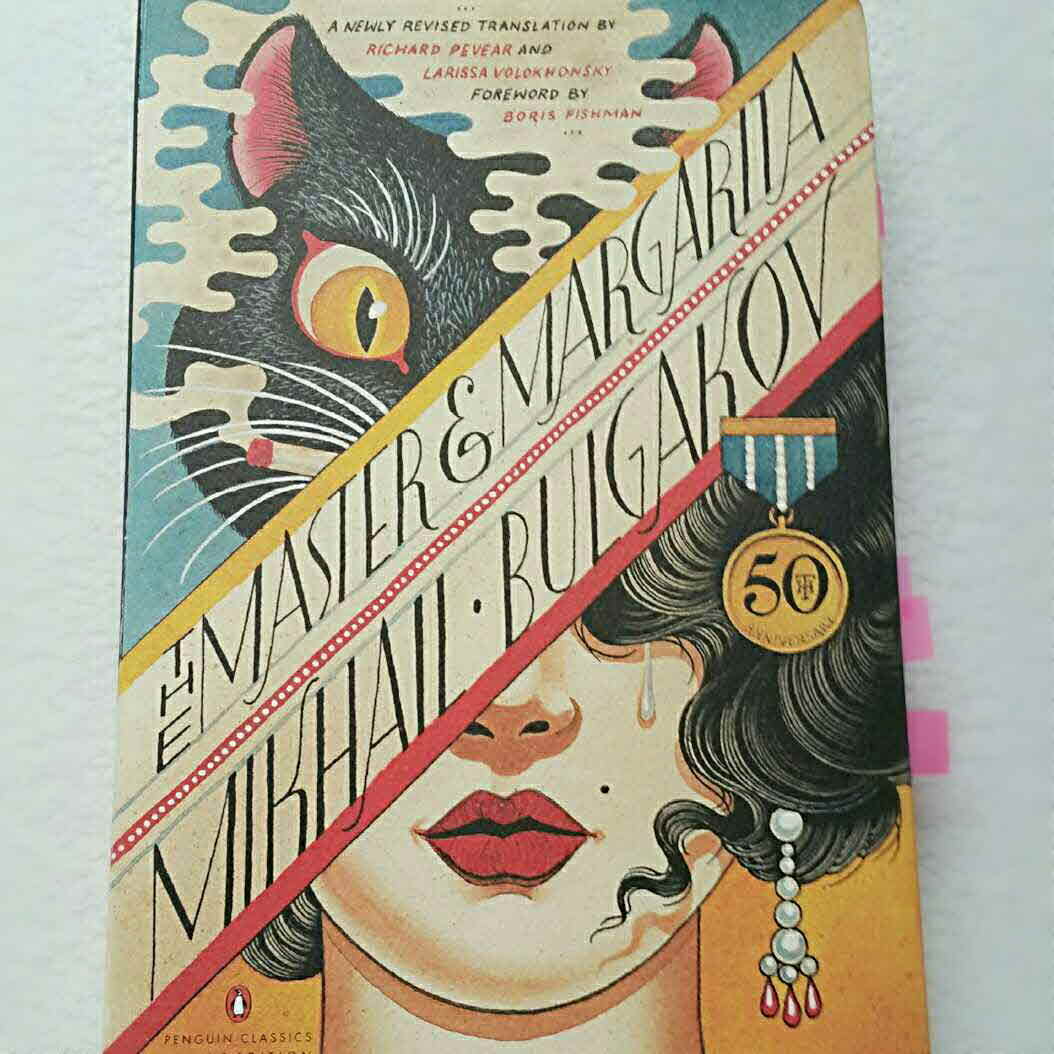
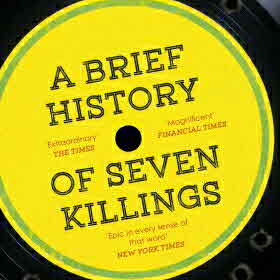
Damn bomboclot book leave me traumatize! 😮
Epic book, excellent writing!
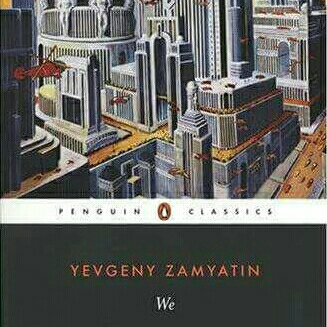
Before George Orwell's 1984... there was Yevgeni Zamiatin's We